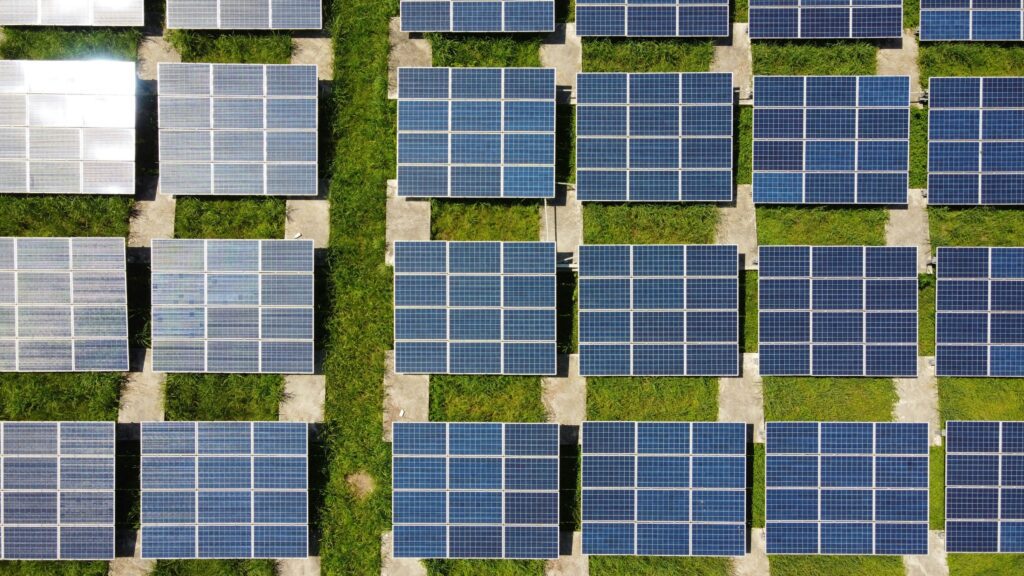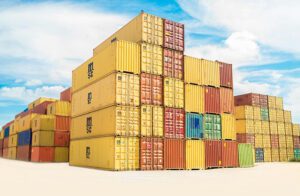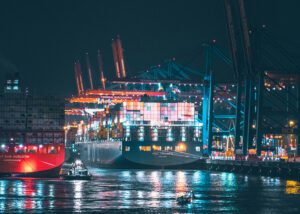Germany entered into a climate and energy alliance with Morocco to promote renewable energy expansion and hydrogen production in the North African country, according to recent Reuters article.
Berlin anticipates importing up to 70% of its hydrogen demand aiming to be climate-neutral by 2045. However, Germany lacks the space and conditions for large-scale wind and solar power production, making international partnerships crucial.
“Morocco has the best conditions for the energy transition and the production of green hydrogen. Germany wants to import hydrogen,” said to Reuters Development Minister Svenja Schulze, who signed the alliance declaration with Moroccan Foreign Minister Nasser Bourita in Berlin. “Germany has a very special position … as an economic partner, as a trade partner, but also, of course, as a political partner,” Bourita added during a news conference with German Foreign Minister Annalena Baerbock.
In addition to Germany’s alliance with Morocco, Morocco and Turkey have signed two cooperation agreements in the energy, earth sciences, and mining sectors. These agreements aim to enhance collaboration in renewable energies, green hydrogen, energy efficiency, and clean technologies. The partnership also extends to geological mapping, remote sensing, and AI for mineral assessment, aiming to boost public-private partnerships, research and development, and technical assistance.
The partnership is the latest in a number of legislative actions across the globe in the pursuit of a green energy future. It comes off the heels of Central and Eastern Europe’s latest push for clean energy initiatives and investments in clean technology.
This latest strategic partnership positions Morocco as a central player in the green energy landscape of North Africa, leveraging its natural advantages and fostering international cooperation to drive the global energy transition.














